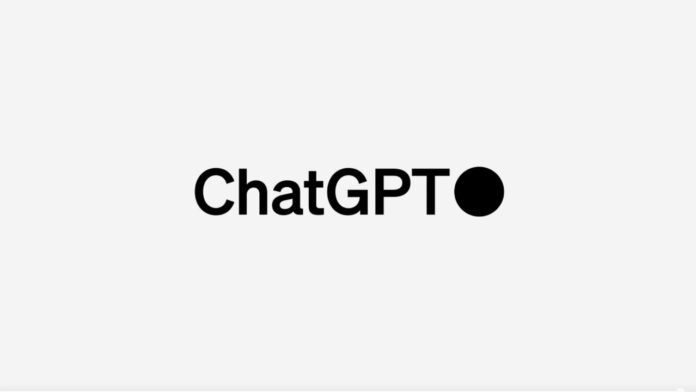in a bid to one-up the other, Google and OpenAI are currently going head to head in the AI space by announcing new features for their respective chatbots. OpenAI has now announced that ChatGPT now supports the memories feature so it can remember things you tell it to and use those memories accordingly in the conversations you have with the chatbot.
What are Memories in ChatGPT?
According to OpenAI, remembering things saves you from repeating information and makes future conversations with ChatGPT more helpful. You’re in control of ChatGPT’s memory, where you can explicitly tell it to remember something, ask it what it remembers, and tell it to forget conversationally or through settings. You can also turn it off entirely.
Furthermore, memories in ChatGPT improve over time through a self-learning process. “ChatGPT’s memory will get better the more you use it, and you’ll start to notice the improvements over time”, said OpenAI. The company also gave a few examples of how memories work, including:
- You’ve explained that you prefer meeting notes to have headlines, bullets and action items summarized at the bottom. ChatGPT remembers this and recaps meetings this way.
- You’ve told ChatGPT you own a neighbourhood coffee shop. When brainstorming Messaging for a social post celebrating a new location, ChatGPT knows where to start.
- You mention that you have a toddler and that she loves jellyfish. When you ask ChatGPT to help create her birthday card, it suggests a jellyfish wearing a party hat.
- As a kindergarten teacher with 25 students, you prefer 50-minute lessons with follow-up activities. ChatGPT remembers this when helping you create lesson plans.
If you want ChatGPT to forget something, you’ll just have to tell it. You can also view and delete specific memories or clear all memories in settings. ChatGPT’s memories evolve with your interactions and aren’t linked to specific conversations. Deleting a chat doesn’t erase its memories; you must delete the memory itself if necessary.
OpenAI notes that it may use content that you provide to ChatGPT, including memories, to improve its models for everyone. If the user wants to, he/she can turn this off through your Data Controls, and the company won’t train on content from the ChatGPT Team and Enterprise customers.
Read More: ChatGPT vs Google Gemini: Which Free Version Offers a Better Experience?
There’s also a new temporary chats feature, where you can have a conversation without using memory. Such chats won’t appear in history, use memory, or be used to train OpenAI’s models. Aside from this, memories bring additional privacy and safety considerations, such as what type of information should be remembered and how it’s used.
For Enterprise and Team users, memory can be useful when using ChatGPT for work. It can learn your style and preferences and build upon past interactions. Finally, GPTs will have their own distinct memory where builders can enable memory for their GPTs, and these memories won’t be shared with builders.
Availability
The memories feature in ChatGPT is rolling out to a small portion of ChatGPT free and Plus users this week, while plans for a broader rollout will be shared soon.


